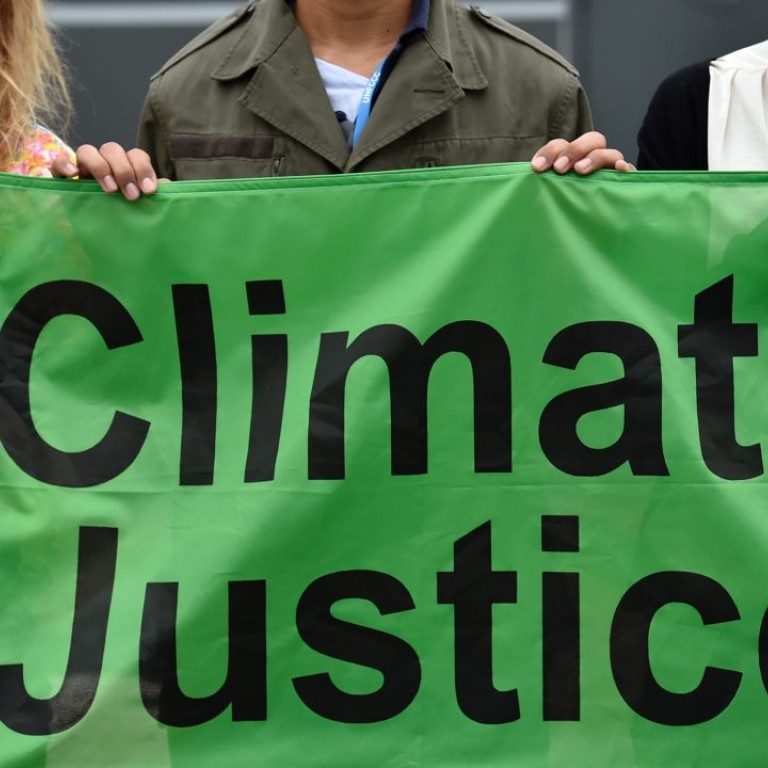
Any carbon emissions deal in Paris is only a first step
Yoriko Kawaguchi, Shyam Saran and Erna Witoelar say the UN summit should enable more ambitious action to follow, as a lot more must be done to meet the governance challenges arising from climate change
With every passing year, humanity’s impact on the climate is ever more stark, and a growing number of global actors now recognise the need for immediate action.
The prospects of success at the climate summit in Paris have brightened, in particular as a result of important pledges on mitigation by major emitters such as the US and China. While these pledges still fall short of the scale of effort required, the summit should put in place a template that enables more ambitious climate action.
Adapting to its effects requires more than just an agreement on cutting emissions. It requires “just” global governance and implementation
We are convinced that such action requires constant attention to climate justice, as well as security, to support vulnerable populations. The Paris outcome should be seen as a first step.
READ MORE: World cannot ignore the masses made homeless by disasters amid a warming planet

READ MORE: How technological advances underpin hope for climate change adaptation
Measures supporting adaptation assistance should be built into global and regional trade arrangements, such as the Trans-Pacific Partnership. The G20 should convene annual meetings to encourage members to align their policies, while the UN General Assembly could also request an advisory opinion from the International Court of Justice on states’ obligation to mitigate climate change.
Finally, to encourage market-based incentives to reduce emissions, a green technology licensing facility should be set up.
Climate change is a global governance challenge. Adapting to its effects requires more than just an agreement on cutting emissions. It requires just global governance and implementation. Underpinning this must be a shared sense of joint responsibility, ensuring that the needs of those hardest-hit by climate change are not left out of proposed solutions.
Yoriko Kawaguchi served as foreign minister and environment minister of Japan. Shyam Saran served as foreign secretary and chief climate change negotiator of India. Erna Witoelar founded the Indonesian Environmental Forum. They serve on the Commission on Global Security, Justice and Governance
